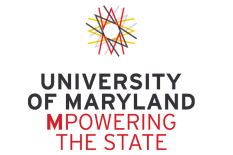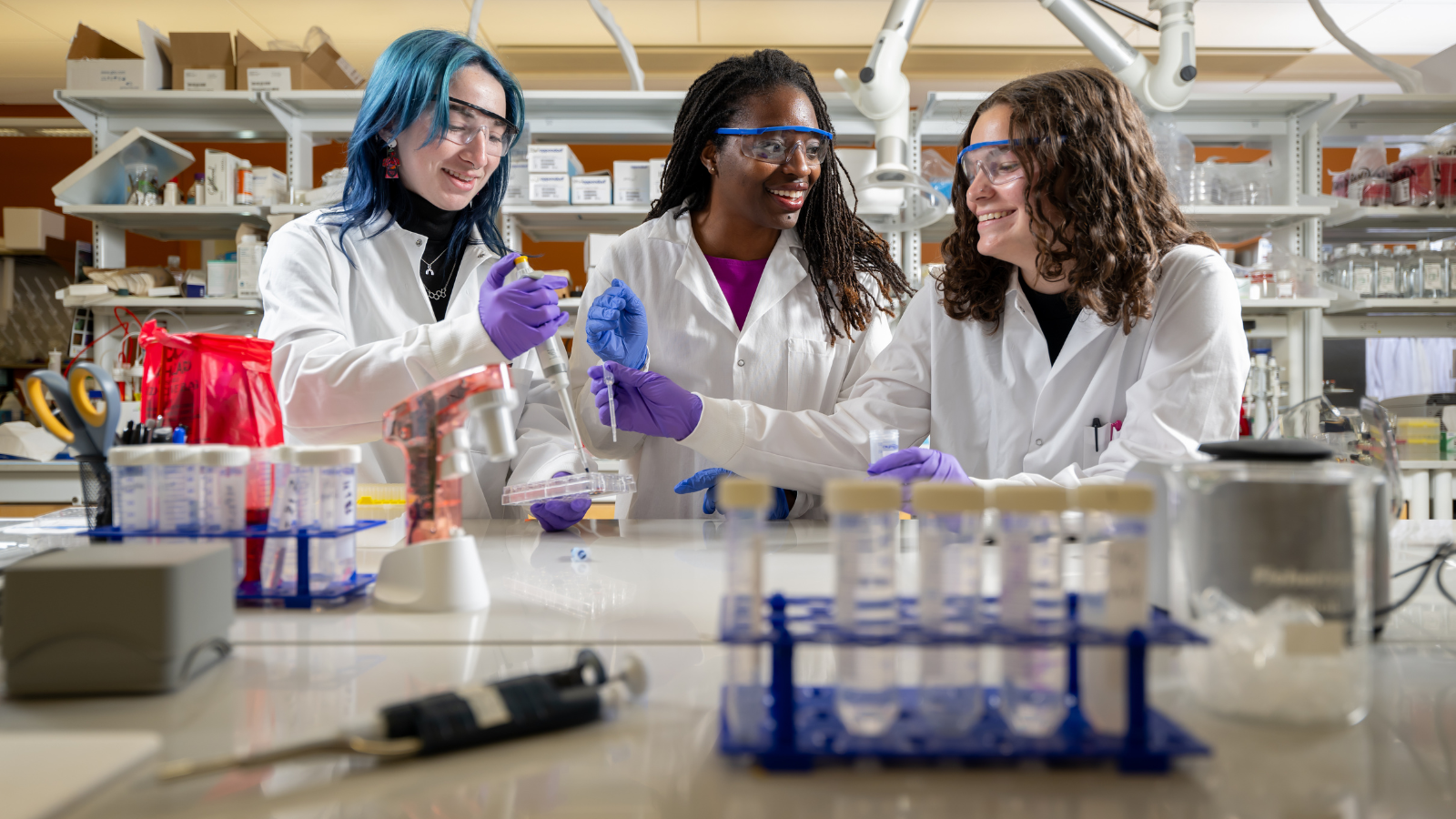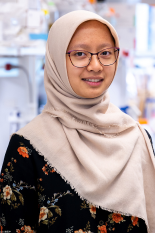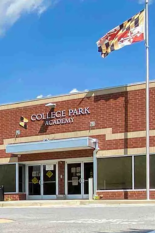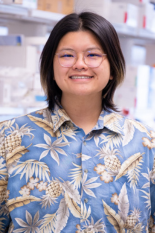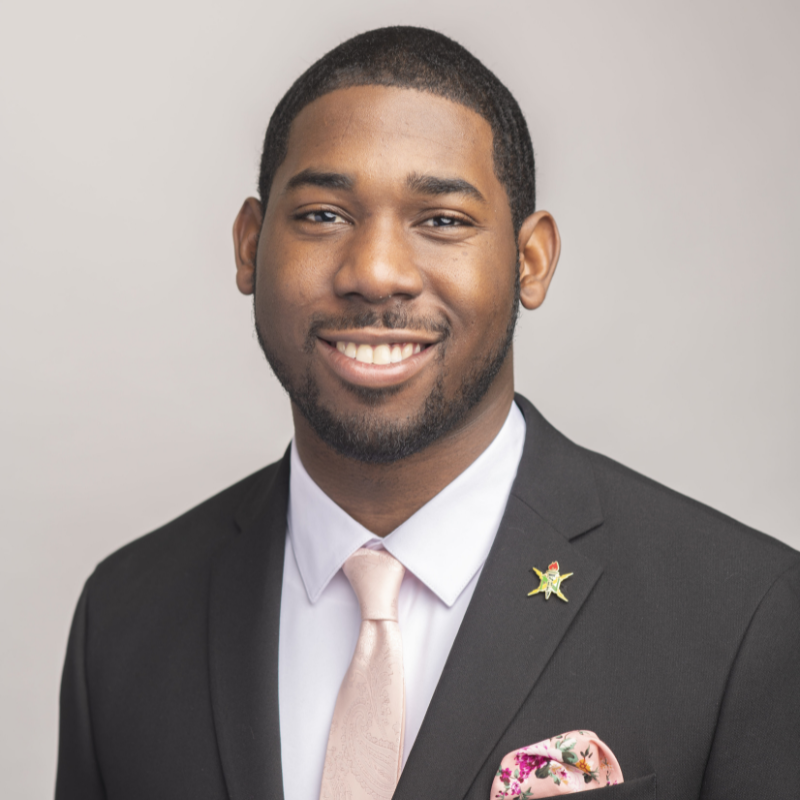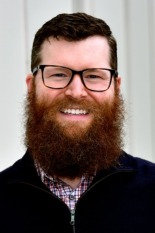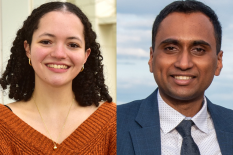News Story
Fischell Institute Welcomes Three New MPower Fellows
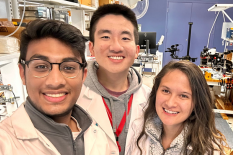
In September, the Fischell Institute for Biomedical Devices welcomed three new MPowering the State Student Entrepreneurship, or MPower, fellows—Sam Meyr (BIOE ’23), Arsalan Siddiqui (BIOE ‘23), and Jason Chen (BIOE ‘23).
The Fischell Institute established the MPowering the State Student Entrepreneurship Fellowship in 2017 to teach students how to transition innovative medical device concepts into great businesses by utilizing programs offered through the University of Maryland–including the Master of Engineering (M.Eng.) program. During the fellowship, students partner with the Fischell Foundry to commercialize their innovative medical device idea.
Sam Meyr applied for the fellowship with the goal of building her skills in medical device design and fabrication. She will receive her Master’s in Engineering with a concentration in bioengineering.
"I pursued bioengineering because I knew I wanted to impact patients directly, but I didn't want to be a doctor," said Meyr. "I wanted to be behind the scenes making a greater impact on a total population, through drug or device development."
Meyr's fellowship project focuses on developing a 3D-printed bone scaffold for critical-sized bone defects, which can be customized to fit unique contours for patients. The bone scaffold is composed of an allograft-based polymer. This project collaborates with BIOE professor Tao Lowe, specifically with graduate student Eman Mirdamadi who is leading this research as part of his Ph.D. thesis.
"I'm excited for this project because it has great potential," Meyr said. "It's exciting to work on device development and learn from the Fischell Foundry team about the development process of taking an idea to market."
After she graduates, Meyr plans to work in the medical technology industry for a few years to gain a better understanding of patient needs.
Arsalan Siddiqui discovered his passion for bioengineering and biomedical devices during a high school internship in UMD’s Department of Chemical and Nuclear Engineering, where he developed a new technique for capturing CO₂ on space crafts.
During his senior year of undergraduate study, Siddiqui sought out the fellowship to increase his skills in medical device development and gain experience in starting a company. Siddiqui will receive his Master’s in Engineering with a concentration in bioengineering.
“I look forward to gaining confidence and experience through the Fischell Institute,” Siddiqui said. "Learning from these seasoned professionals will be a valuable opportunity for me to further develop my skill set as a biomedical engineer.”
Currently, Siddiqui is working with clinicians at the University of Maryland School of Medicine to develop a safer, more effective internal surgical stapler for end-to-end anastomosis.
"This is an interesting project, and I'm excited to be working with both the Fischell Institute and the University of Maryland School of Medicine," he said.
After graduation, Siddiqui plans to attend medical school and eventually start a medical device consulting firm.
Jason Chen developed an interest in device prototyping and fabrication during his undergraduate Computer-Aided Design course (BIOE 437). The course empowered him to bring his thoughts to life by modeling them in a 3D environment and then printing those structures out.
As an MPower fellow, Chen wants to gain hands-on experience with devices while seeking mentorship from the Fischell Foundry engineers Kevin Aroom and John Rzasa. Chen will receive his Master of Engineering degree with a concentration in robotics.
"Without the fellowship, I would not be able to further work on my skills and gain a much deeper understanding of device prototyping and validation," he said. “I am grateful to have the opportunity to learn from and work with some of the smartest engineers.”
Chen’s project is a low-cost, triple-needle injector device. This project complements Affiliate Fellow and BIOE Assistant Professor Jenna Mueller’s research on ethylcellulose ethanol, which shows promise as a potential alternative to current ablation therapies against cervical cancer.
The triple-needle injector device was pioneered by recent MPower fellow graduate David Garvey. Chen and Mueller are now working together on constructing and fully characterizing an improved model of the device.
After graduation, Chen aims to gain biotech industry experience in medical device automation and drug manufacturing.
Published October 19, 2023
